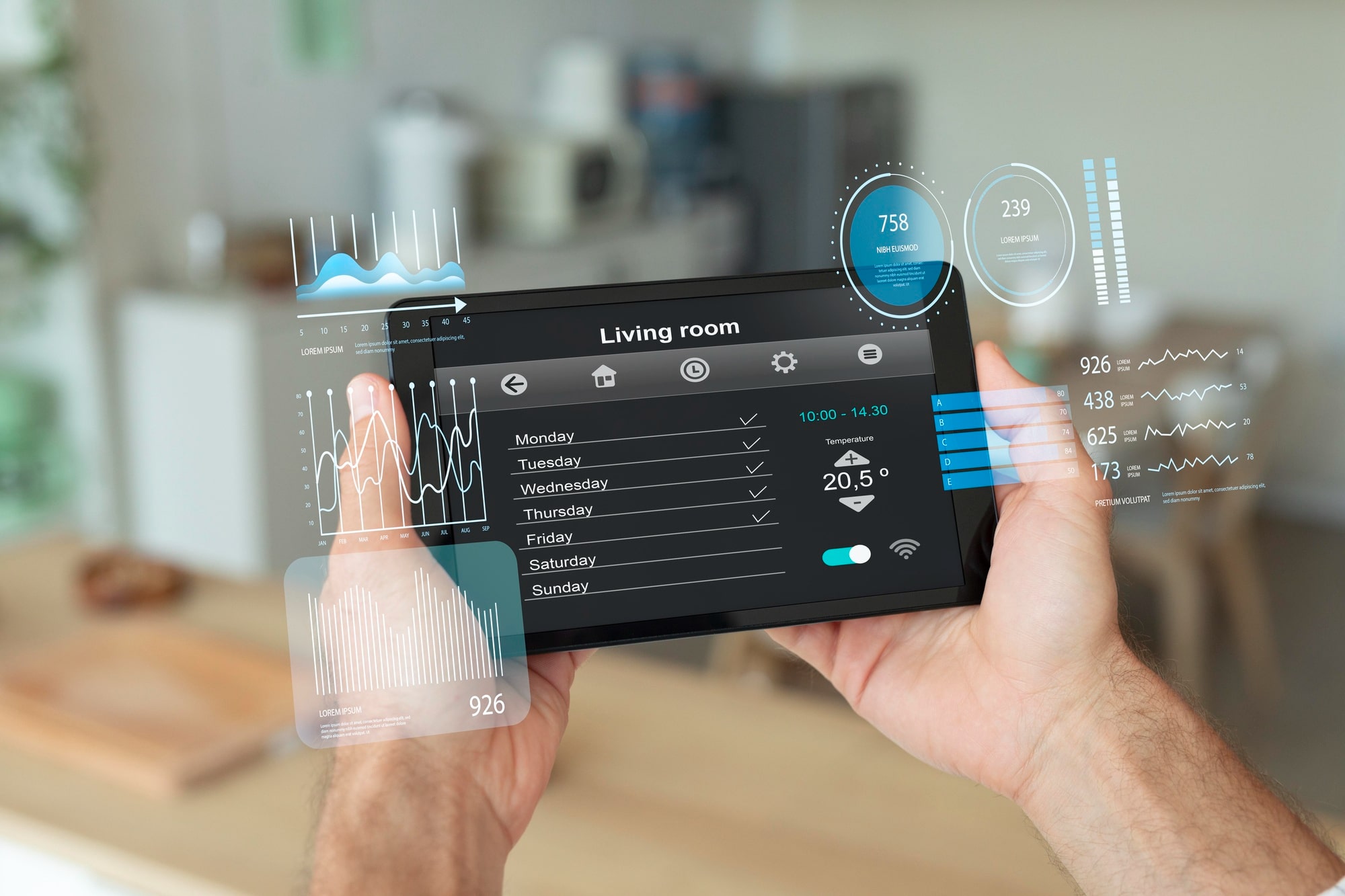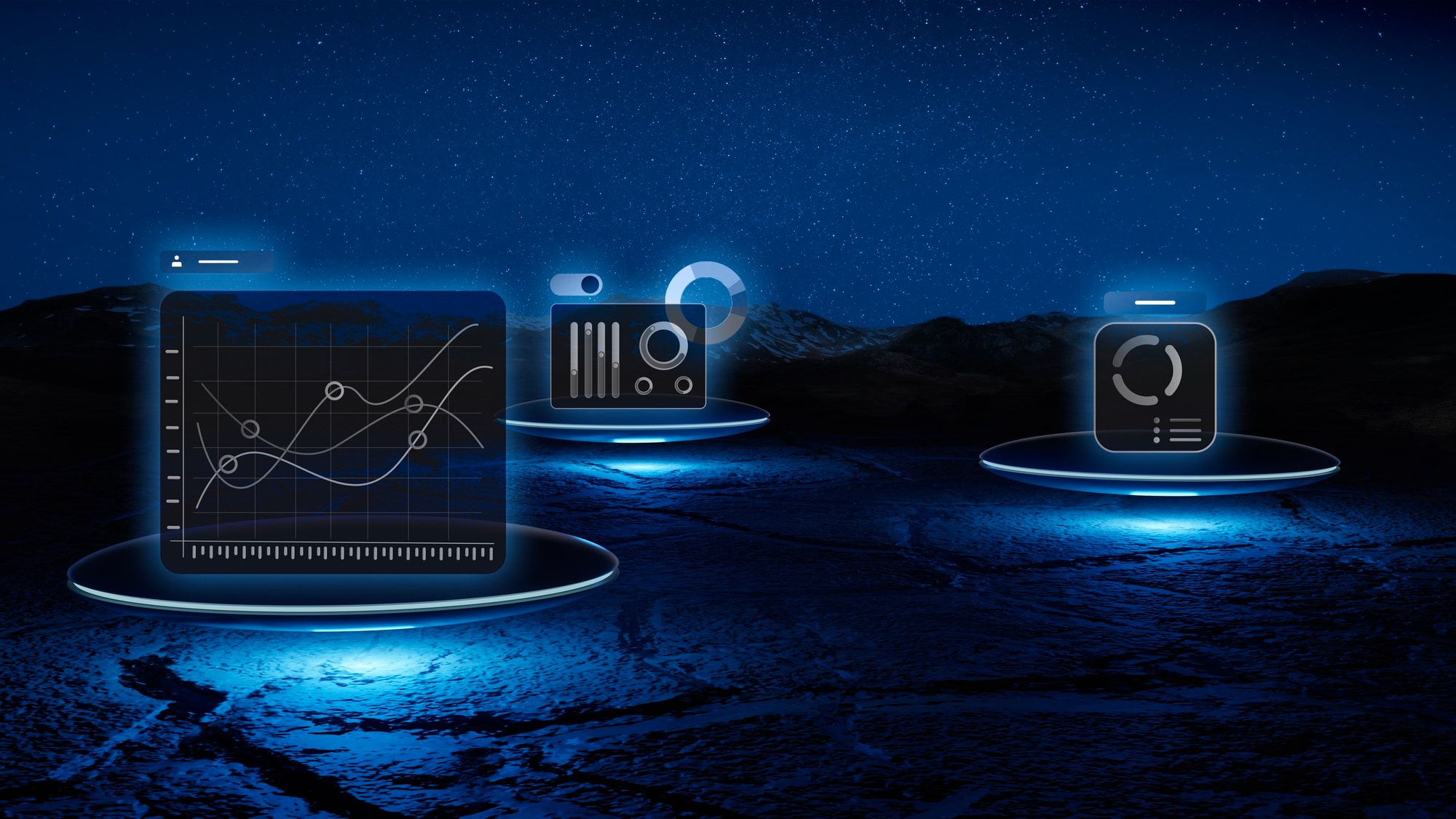Introduction
The world is evolving fast, and at the heart of this transformation lies the future development of IoT. The Internet of Things (IoT) is no longer limited to smart homes or wearable gadgets. It’s now powering smart cities, automated industries, connected healthcare, and more. With billions of devices already online and billions more to come, IoT is reshaping how we live, work, and think. But what lies ahead? How will IoT grow over the next 5 to 10 years? In this article, you’ll discover the latest trends, predictions, and innovations driving the future of IoT — and why this matters more than ever.
What Is IoT?
The Internet of Things refers to the network of physical objects connected to the Internet. These devices collect and exchange data in real time. From smart thermostats to autonomous vehicles, IoT connects the physical world with the digital one. The goal is to make everyday systems smarter, faster, and more efficient. And this journey is just beginning.
Current State Of IoT
As of today, IoT is deeply rooted in many sectors:
- Smart homes with voice assistants and smart appliances.
- Healthcare devices monitor patients remotely.
- Manufacturing systems running on real-time sensors.
- Vehicles equipped with GPS, cameras, and diagnostic tools.
More than 15 billion devices are connected globally. But this number is expected to skyrocket in the coming years.
Why The Future Of IoT Matters
Here’s the truth: IoT isn’t just technology. It’s a movement. It affects your daily routine, your health, your city, and even your career. It’s not about gadgets. It’s about experiences, automation, and intelligence. As IoT matures, it will unlock new levels of personalisation, safety, and efficiency across every industry. It will help cities reduce traffic. It will prevent machines from breaking down. It may even save lives. That’s powerful.
Key Technologies Shaping The Future Of IoT
Several innovations are accelerating the next phase of IoT development:
- 5G Networks: Faster and more reliable than 4G, 5G will supercharge IoT with low latency and high-speed connectivity. This means more devices, faster data transfer, and real-time applications, like remote surgeries or autonomous driving.
- Artificial Intelligence (AI): AI empowers IoT devices to learn, adapt, and respond autonomously without human intervention. From smart fridges to predictive maintenance systems, AI makes IoT smarter and more useful.
- Edge Computing: Instead of sending all data to the cloud, edge computing allows devices to process data locally. This reduces lag, lowers bandwidth costs, and increases reliability, making it ideal for mission- critical systems, such as those in healthcare or factories.
- Blockchain: Instead of sending all data to the cloud, edge computing allows devices to process data locally. This reduces lag, lowers bandwidth costs, and increases reliability, making it ideal for mission- critical systems, such as those in healthcare or factories.
The Next 5 Years of IoT: What to Expect
The future of IoT is about scale, intelligence, and integration. Here’s what the next half-decade may look like:
- Smart Cities Become Smarter: Traffic lights will adjust in real-time. Public waste bins will notify when they’re full. Surveillance will detect unusual patterns instantly. Cities will run like smart machines.
- Healthcare Gets a Digital Pulse: Remote monitoring devices will track heart rate, blood sugar levels, sleep patterns, and other vital signs, sending live updates to doctors. Hospitals will rely on IoT to automate inventory, patient care, and predictive health models.
- Industry 4.0 Expands: Manufacturing will move deeper into automation. Machines will talk to each other, detect problems early, and maintain themselves — all thanks to IoT.
- Home Automation Goes Mainstream: Homes will be fully automated, controlling light, air, water, and security based on your habits. You’ll walk in, and everything adjusts automatically.
- Environment and Agriculture See Major Impact: IoT will monitor soil moisture, weather, and crop health to improve farming. Environmental sensors will track pollution, forest fires, and water quality.
Challenges Ahead
Despite all this potential, IoT’s future has a few roadblocks:
- Security Risks: The more devices we connect, the more entry points hackers have. IoT must become safer.
- Data Overload: Billions of devices mean zettabytes of data. Managing, storing, and using it wisely will be critical.
- Standardisation: Lack of global IoT standards causes integration issues between platforms and devices.
- Energy Consumption: Devices need power. Battery limitations and energy inefficiency can slow down progress.
- Privacy Concerns: Always-on devices raise significant concerns about surveillance and the misuse of personal data.
But these problems are not deal-breakers. They’re challenges to be solved — and they will be.
How Businesses Can Prepare for the Future of IoT
Whether you’re a startup, a service provider, or a global brand, you need to prepare for the IoT boom. Here’s what to do:
- Invest in Data Infrastructure: Build systems that can collect, store, and analyse vast amounts of data.
- Embrace Cybersecurity: Protect devices with encryption, authentication, and regular audits.
- Partner with Experts: Work with IoT developers and solution providers who understand your industry.
- Train Your Team: Upskill employees in IoT platforms, data analysis, and automation tools to enhance their capabilities.
- Start Small: Begin with a pilot project, such as energy monitoring or smart sensors, and scale up gradually.
Being proactive now means you’ll be ahead later.
The Long-Term Vision: 2030 and Beyond
By 2030, experts predict that there will be over 30 billion IoT devices globally. But it’s not about the number — it’s about integration. The future will see IoT blending seamlessly into daily life. You won’t think about the device. You’ll enjoy the result. Cities will become digital organisms. Cars will be mobile networks. Homes will be self-learning spaces. The line between tech and life will blur — in the best possible way.
Conclusion
The future development of IoT is not science fiction. It’s happening right now, shaping the world around us in ways we never imagined. challenge us to protect privacy, manage data responsibly, and innovate with purpose. This revolution isn’t coming — it’s already here. The next chapter is more connected, intelligent, and human than ever before. If you want to thrive in tomorrow’s world, now’s the time to invest, innovate, and embrace the future of IoT.
Frequently Asked Questions
How will 5G impact the future of IoT?
5G provides faster speeds and lower latency, allowing real-time communication between billions of IoT devices. It’s essential for the growth of autonomous vehicles, smart cities, and remote healthcare.
Is IoT safe from hackers?
IoT has security vulnerabilities, but developers are improving encryption, authentication, and blockchain solutions to enhance safety. Still, constant updates and vigilance are needed.
Will IoT take away jobs?
While some manual jobs may be automated, IoT will also create new roles in data science, cybersecurity, device maintenance, and more. It’s a shift, not a loss.
How can small businesses use IoT?
Small businesses can leverage IoT for inventory tracking, energy management, customer behaviour analysis, and advanced security systems. It’s more affordable than ever.
What’s the biggest challenge for IoT’s future?
Security and standardisation are major hurdles. With billions of devices communicating, ensuring safe, smooth, and universal connectivity remains a top concern.






0 Comments